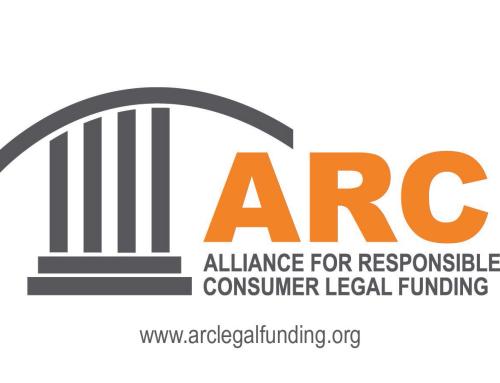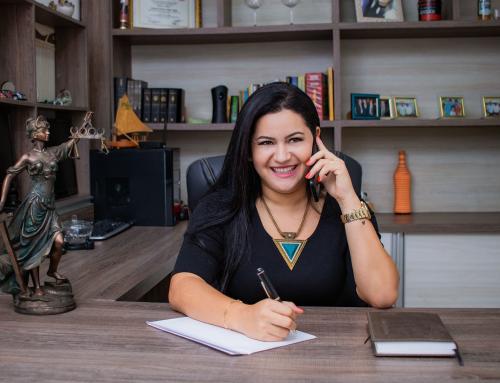 According to a survey published in Forbes, 69% of Americans have less than $1,000 in savings. 34% of survey respondents have absolutely nothing set aside. The average hospital stay is roughly $10,000, and that is just the cost of a single stay. That does not take into account doctor’s visits post-accident, physical therapy, surgical procedures, or other common post-accident medical care. At Capital Financing, we are in the business of providing pre-settlement cash advances to accident victims and personal injury claim plaintiffs. That said, funding is not always an option, in which case the victim would need to fend for him or herself. For this reason, we also offer classes on financial preparedness.
According to a survey published in Forbes, 69% of Americans have less than $1,000 in savings. 34% of survey respondents have absolutely nothing set aside. The average hospital stay is roughly $10,000, and that is just the cost of a single stay. That does not take into account doctor’s visits post-accident, physical therapy, surgical procedures, or other common post-accident medical care. At Capital Financing, we are in the business of providing pre-settlement cash advances to accident victims and personal injury claim plaintiffs. That said, funding is not always an option, in which case the victim would need to fend for him or herself. For this reason, we also offer classes on financial preparedness.
Do Not Wait Until an Emergency Occurs to Prepare Financially
You know what they say: Hindsight is 20/20. Most people only think about preparing for an emergency when they are in the midst of one themselves, or when they have recently been through one. Yet, preparing for an emergency during or after the fact is useless. If you want to be financially prepared for an emergency, you need to start prepping today. Here are just a few tips to help you get started:
- Build a Cash Reserve: Building a cash reserve is easier said than done, but you will benefit from doing so in the long run. Ideally, you should have enough funds to cover six months’ worth of essential expenses, but if that seems too overwhelming, aim for three months’ worth. Designate an account for emergency savings and deposit money into it monthly. Make it a part of your standard monthly expenses. Commit to not touching that money unless there is a real financial emergency.
- Have Credit Available: This may sound like the exact opposite of any financial advice that you have ever heard, but when push comes to shove, you may need to rely on credit. That said, only resort to credit when absolutely necessary.
- Invest in Quality Insurance: Too many people opt for insurance with the lowest monthly premium, but doing this may be a waste of money. Think about it: You pay a couple hundred in premiums each month, but when you get injured, you discover that you still have to pay $10,000 out of pocket to receive any benefits. Not only that, you discover that your insurance does not cover the cost of hospital stays and surgical procedures. If you are going to buy a policy (which, according to federal law, you have to), you may as well spend a little more for comprehensive coverage.
What to do if You Find Yourself in a Financial Predicament
The thing about accidents is that they happen out of nowhere. If you find yourself in a financial jam for whatever reason—because you did not prepare at all or did not prepare enough—there are a few things you can do to alleviate the stress and burden:
- Examine your expenses and reprioritize your spending;
- Cut non-essentials, such as coffee, dinners out, and entertainment expenses;
- Contact creditors to discuss repayment options and waiving late fees;
- Consider dipping into your 401K; and
- Reach out to Capital Financing regarding pre-settlement funding.
If you are in the middle of a personal injury claim or lawsuit and do not have enough funds to live comfortably while your case is pending, reach out to Capital Financing regarding settlement advance options. When you work with us, you do not have to repay the money until—and if—you win. If you do not get paid, neither do we. Contact Capital Financing today to learn more.







